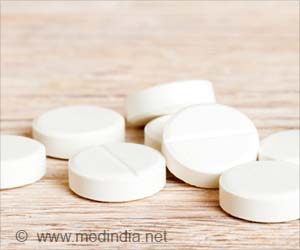Study says people whose teeth have decayed due to excess sugar could now make them whole again, thanks to a new, non-toxic dental filling derived from bile.
Study says people whose teeth have decayed due to excess sugar could now make them whole again, thanks to a new, non-toxic dental filling derived from bile.
Currently used dental fillings contain either mercury or a chemical called bisphenol A, substances that help the fillings harden but are potentially toxic to humans and the environment.However, the new filling has replaced these ingredients with bile acids, which are components of bile produced during the breakdown of cholesterol in the liver.
Found in the gall bladder, bile acids are released during digestion of fatty foods.
Chemist Julian Zhu at the University of Montreal in Canada and colleagues mixed bile acids with chemical fillers to form a resin that hardens into a tough plastic upon exposure to blue light.
Blue wavelengths provide enough heat to induce the chemical reaction without harming the components.
Initially, Zhu and his colleagues developed the bile composite to be a hydrogel for biomedical applications, such as tissue repair and drug delivery.
Advertisement
"We had to add in a lot of other things to make it soft, and at that point we thought, Why don't we use this for dental resin?" New Scientist magazine quoted Zhu as saying.
And since bile acids are naturally found in the human body, the filling should be completely safe.
"Even if it decomposes, it's still a part of the body," said Zhu.
And as human bile acids are chemically identical to those found in pigs, cattle, and many other animals, farms could provide a cheap and abundant supply of the filling ingredient.
"Bile acids are a natural compound. They are in our bodies all the time," said Zhu.
The findings have been published in the journal ACS Applied Materials and Interfaces.
Source-ANI
ARU














